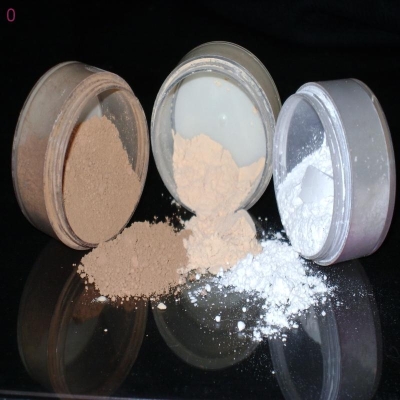-
Categories
-
Pharmaceutical Intermediates
-
Active Pharmaceutical Ingredients
-
Food Additives
- Industrial Coatings
- Agrochemicals
- Dyes and Pigments
- Surfactant
- Flavors and Fragrances
- Chemical Reagents
- Catalyst and Auxiliary
- Natural Products
- Inorganic Chemistry
-
Organic Chemistry
-
Biochemical Engineering
- Analytical Chemistry
- Cosmetic Ingredient
-
Pharmaceutical Intermediates
Promotion
ECHEMI Mall
Wholesale
Weekly Price
Exhibition
News
-
Trade Service
6 million Pre-Seed round of financing.
The company plans to cultivate the first cell-cultured foodmate.
net/tag_1150.
html" class="zdbq" title="Lobster related food information" target="_blank">lobster meat in North America.
.
Investors in this round of oversubscription include Bluestein Ventures, Joyance Partners, Revolution's Rise of the Rest Seed Fund, gener8tor, GlassWall Syndicate, Bascom Ventures, and China-based Dao Foods.
The company also received non-dilutive funding from the Wisconsin Economic Development Corporation's Technology Commercialization Center.
The company also received non-dilutive funding from the Wisconsin Economic Development Corporation's Technology Commercialization Center.
Cultured Decadence said that the financing was obtained after the development of a new lobster cell production line and the reduction of the cost of cell culture media.
The new funds will be used to expand the R&D team and develop prototypes of cell culture lobster meat to prepare for future commercial operations.
The new funds will be used to expand the R&D team and develop prototypes of cell culture lobster meat to prepare for future commercial operations.
The company's technology uses the cells of lobsters and other shellfish to produce meat without shells or organs.
This meat "has no difference in form and function from wild-caught products.
"
This meat "has no difference in form and function from wild-caught products.
"
The company’s CEO John Pattison said that if we want the planet to prosper, the way we use animals as a source of food needs to change.
According to a new report from the Good Food Research Institute (GFI), in 2020, the industry used to develop plant-based or cell culture substitutes for meat, seafood and other products to obtain protein will receive up to $3.
1 billion in capital investment.
1 billion in capital investment.
GFI data shows that capital investment in the alternative protein field has surged, three times the $667 million in corporate financing in 2019 and 4.
5 times the total financing in 2018.
Of the $5.
9 billion raised by alternative protein companies in the past ten years, more than half of the funds were received in 2020 alone.
5 times the total financing in 2018.
Of the $5.
9 billion raised by alternative protein companies in the past ten years, more than half of the funds were received in 2020 alone.
Plant-based meat, egg and dairy products companies received US$2.
1 billion in investment in 2020, which is the largest single-year financing year in the history of the industry.
These companies have raised US$4.
4 billion in the past ten years (2010-2020) investment.
1 billion in investment in 2020, which is the largest single-year financing year in the history of the industry.
These companies have raised US$4.
4 billion in the past ten years (2010-2020) investment.
The farmed meat company received more than 360 million U.
S.
dollars of investment in 2020, six times the amount raised in 2019.
S.
dollars of investment in 2020, six times the amount raised in 2019.







